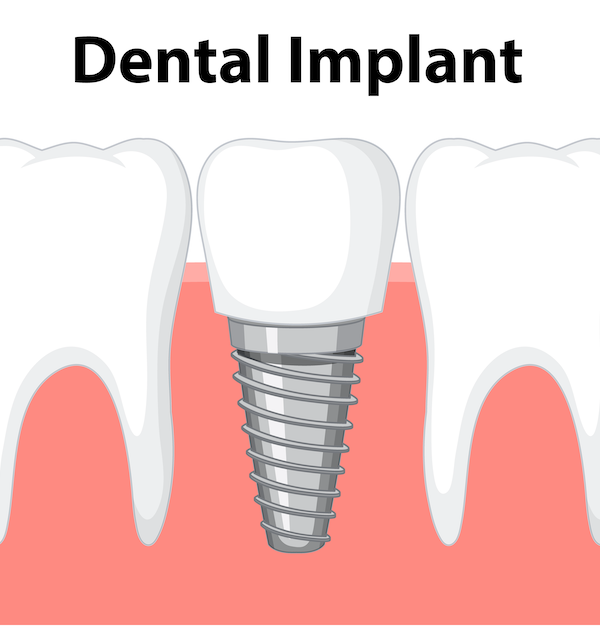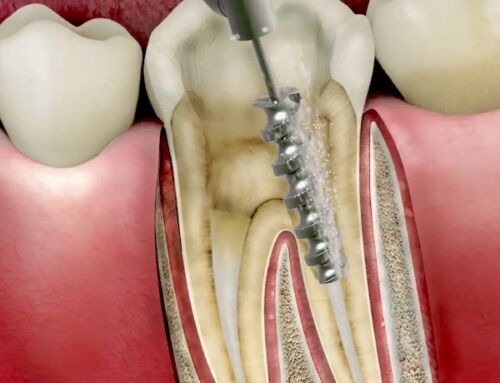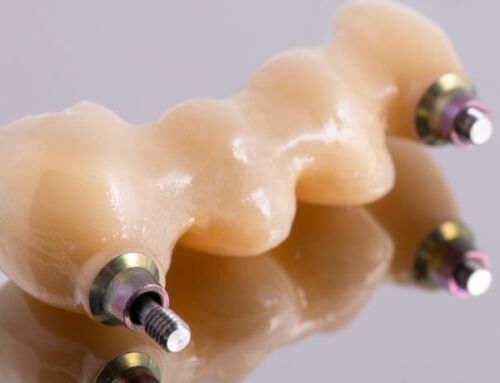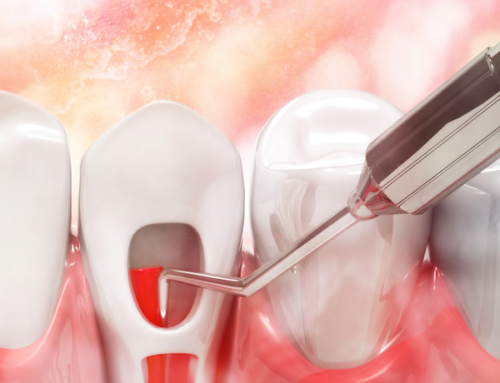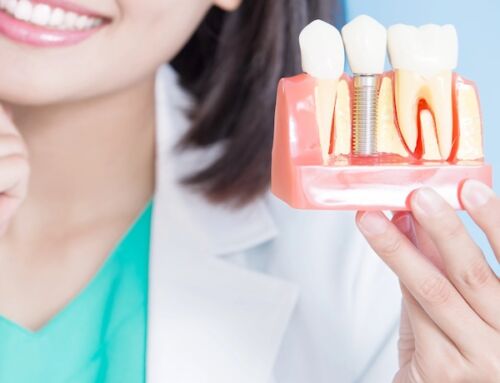Dental implants are one of the treatment options that your dentist may recommend if you have missing teeth. Unlike other alternatives such as dental bridges and dentures, dental implants offer superior stability while looking as natural as possible. And because they are embedded in your jawbone, they can last you a lifetime, making them a permanent solution to your smile.
Did you know that they come in various types? It all depends on your specific needs. Dental implants offer a versatile solution for the replacement of one tooth to a few missing teeth. And if you have specific concerns, such as inadequate bone support or full arch reconstruction, there is certainly a dental implant type for you to help rebuild your smile and confidence.
Whether you need a single tooth replacement or a full arch restoration, understanding what your dental implant options are can help you make an informed decision for your smile. Read along to know more.
Single Implants vs. Multiple Implants
One of the considerations for dental implants is whether you need single-tooth, multiple-tooth, or a full-mouth implant. Each serves a specific purpose, depending on the extent of tooth loss. For example, someone may have several single-tooth implants if they have a few isolated tooth gaps across the jaw.
Ultimately, the decision of how many implants you need and what type depends on your initial consultation with your dentist. They will create a personalized treatment plan to decide what type of implant you need to replace all missing or lost teeth.
To give you a general idea, here’s how each of these implant types differ:
Single Tooth Implant
A single missing tooth can be replaced by a single-tooth implant. This type of dental implant consists of a single-unit titanium post where a dental crown will be attached. The dental crown should resemble the adjacent teeth for a seamless and natural smile. If you have several isolated gaps, your dentist may recommend getting multiple single-tooth implants to have each space restored with individual dental crowns.
Single tooth implants provide a more stable replacement compared to flipper dentures and a more conservative and long-lasting solution compared to dental bridges.
Multiple Tooth Implant
For several missing teeth across the jaw, a multiple-tooth implant is ideal. In this type of implant, your dentist will assess where to place each implant post so that it can provide sufficient support for the future artificial teeth, whether a dental bridge or a denture. This implant effectively fills larger areas of missing teeth while preserving natural, healthy teeth.
For example, for 3 adjacent missing teeth, 2 implant posts may be required as the foundation for a dental bridge. Meanwhile, if you have all your back teeth missing, two implant posts on each side of the jawbone may be placed with a partial denture attached to it.
Full Mouth Implant
For patients who have lost most or all of their teeth, a full-mouth implant or restoration is the most ideal solution. In this type of dental implant, four or six implants are placed across the jawbone to support a full denture prosthesis. This is called an implant-retained full denture.
Unlike traditional dentures, full-mouth implants are able to permanently support a full denture, so you can confidently smile, speak, and eat without worries that your denture will slip off.
Basic Types of Implants
Aside from the number of missing teeth, another consideration for the type of implant is where the implant will be placed, whether in or above the bone. This depends on the health of the bone where the implant will be placed.
Endosteal Implants
If you have healthy and sufficient bone, an endosteal implant is recommended. This is the most common type of dental implant placement. The treatment involves surgically placing the implant into the bone to act as the tooth root. And because the bone is in optimal shape, it can support the future artificial tooth and permanently hold it in place while you speak, talk, and eat.
If the bone is too thin or low, your implant surgeon may recommend getting a bone graft before proceeding with getting an endosteal implant. This will improve the bone width and height to make it more stable to receive the implant.
Subperiosteal Implants
However, if the bone is not strong or stable enough to hold an implant and cannot receive a bone graft, a subperiosteal implant is ideal. In this type of implant, a metal framework is created and adapted over the jawbone, just underneath the gums. This will serve as the attachment post for the implant. This way, the implant can be held in place without having to place posts into the bone.
A subperiosteal implant allows patients with insufficient bone density and significant bone loss to still receive the benefits of dental implants.
Other Procedures You May Have With Implants
If necessary, your surgeon may require preparatory surgical treatments to be done prior to the placement of your dental implants. These will help improve the long-term success of your treatment.
- Bone Grafts – For patients with bone loss, a graft may be placed to improve the quality of the jawbone. This will make it healthy and strong enough to hold an implant and artificial tooth in place.
- Sinus Lift – If you need an implant for the upper back tooth, your dentist will first assess the level of your sinus. If it is too close to the jaw, a sinus lift will be performed to lift the sinus. This will prevent the implant from going into the sinus and causing future problems.
- Extraction and Ridge Preservation – If you still have severely damaged or decayed teeth left, extraction will be performed first. Then, a bone graft material will be placed in the tooth socket to preserve the ridge and make it ideal for future implant placement.
A Variety of Other Options
However, if you have certain specifications about your dental implants, there are other implant options that may suit your needs.
Mini dental implants are made for conservative implant treatment
As the name suggests, mini dental implants are smaller compared to traditional implants. This means that there is less bone to be removed during implant placement to accommodate the mini post.
All-On-4 implants can replace a full arch with just four implant posts
Unlike traditional full arch reconstruction, All-On-4 implant type requires just four posts strategically placed across the jawbone to support a full denture prosthesis. This approach allows for maximum stability for optimum function.
Learn More At Chinook Dental Group
As implant dentistry continues to evolve, more implant types are made available in the market. This helps dentists tailor a treatment plan that suits their patients best without sacrificing their individual needs.
At Chinook Dental Group, we specialize in oral surgery and dental implants, including advanced procedures to ensure the success of your implants. If you are considering implants, book a consultation with our team today so we can discuss the best type of dental implant for you!

